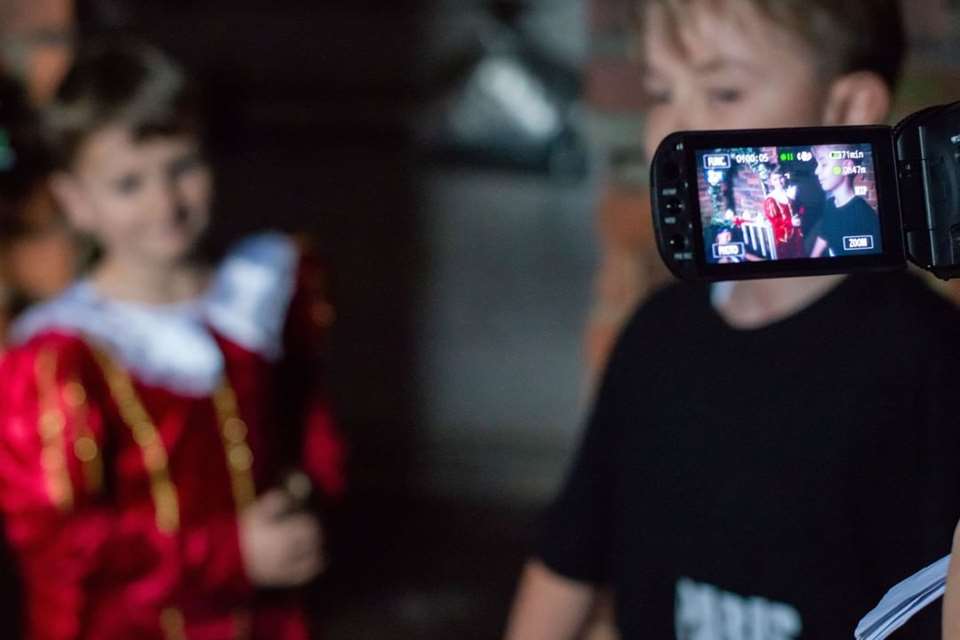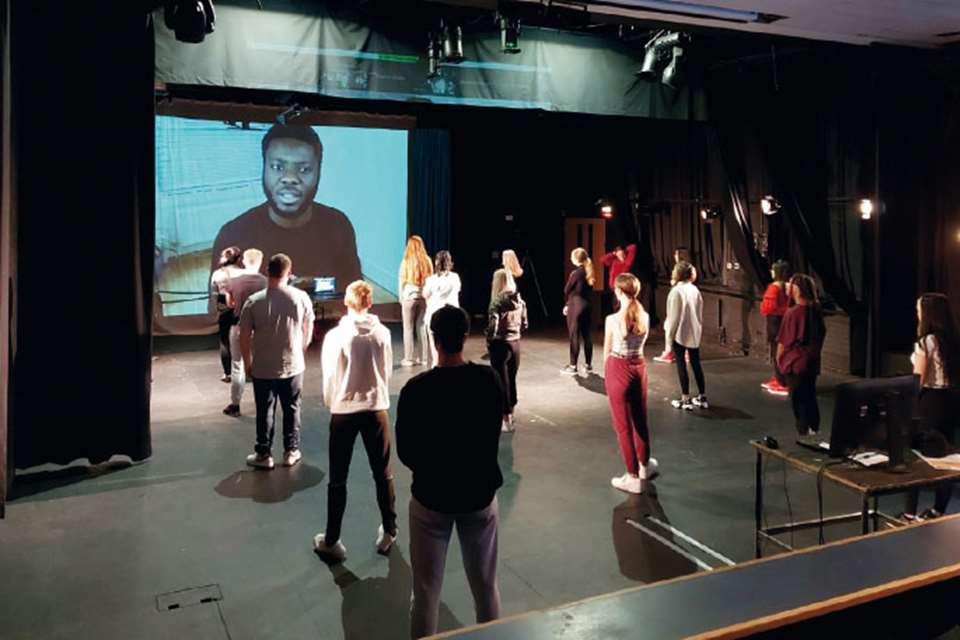Accessibility and prosperity: Prospero
Hattie Fisk
Thursday, September 1, 2022
Acting as an extra helping hand for lesson planning, online platform Prospero is providing educators with a quick way to create engaging sessions for their students. Hattie Fisk finds out more about what it offers, and its new project on embracing diversity

Adobe Stock / Virina Flora
When faced with online teaching, it can be hard for teachers to convey the energy and passion expressed in an in-person workshop or lesson over a virtual format. Similarly, teachers may struggle to use technology to its full capacity in the classroom, or ensure that its addition enhances lessons, rather than complicates them. Challenging the current use of technology in education (and by artists more widely) is Prospero – a new web-based system designed to help educators create accessible learning resources and share them with schools and colleges. Aesthetically bright and easy to navigate, the system gives users the option to make lessons, workshops, stories, drama games, training, interactive works, digital resource packs and video games.
For educators
On one of its promotional videos, the company behind Prospero, C&T, states, ‘when arts education meets technology, something magical happens’, and I feel that here the organisation has hit the nail on the head. In making this technology accessible, educators can create interactive resources without specialist technical skills or expensive software, which is a system that teachers have been searching for for a long time. Now more than ever, post-pandemic, the quality of virtual resources is so important and the additional perk of an existing base of resources on Prospero is not something to be overlooked.
Anna Woolf, PhD student at the Royal Central School of Speech and Drama, said: ‘you need tools that speak your language and I think that's what Prospero does really well. It's accessible, and that's what really good tech solutions for creative people should be.’
How it works
The system for creating a ‘smartscript’ – the word Prospero uses to describe a lesson plan – is designed to mirror the usual system of designing and structuring an in-person lesson. First, teachers are invited to create a series of ‘scenes’, which can contain any content that will engage students. These can incorporate existing digital content such as videos, music, images and text, as well as news websites, google maps, Wikipedia articles or YouTube videos.
These scenes can then be layered with instructions, tasks or guidance that the students will need to engage with the materials. For example, an educator can give learners a fixed time to complete an activity with a timed section or put questions throughout to gamify the session. Users have the choice to let students choose their own pathway throughout their session with the ‘choose your own adventure’ style option, where you can create characters, post dilemmas and set challenges to solve, but equally teachers can make a smartscript with a beginning, middle and end with a specific order for activities to be completed in.
Each lesson can have multiple versions so that they may be adapted for different levels, abilities and interests, and can therefore be developed for specific schools or groups.
These can be tweaked and developed over time as you learn more about how they are being used by your students, which I find to be a great development for teachers who want to adapt their lessons continuously.
A full day of one-to-one training is offered to all new Prospero ‘producers’ when they gain a license, and there are plenty of how-to guides on the Prospero Academy – the bank made available to all with a membership. The site also offers the option to make your smartscripts live online for free, or you can choose to monetise them.
Identities
In a new project from the platform, there is now a selection of free resources made by diverse artists exploring the theme of identities. The resources are varied, for example there is an LGBTQ+ Education Toolkit by artist Jessica McKenna, which is perfect for schools to celebrate positive representation and demonstrated allyship skills in the classroom.
‘Faraway’, a smartscript by Gabriella Songui, is part of the project. This 20–40-minute session for those aged 7–11 is designed to foster empathy in young people and encourage them to avoid harmful words in conversations about identity and culture – a topic that can be difficult to breach with your students without a starting point. Sajida Asif's ‘Inside Out’ art scheme for KS2 and KS3 is also a brilliant free resource for discussing the expression of identity through art with your class.
Most of Prospero's smartscripts are free for educators to use, while others have a small fee which goes directly to the artist who created it. There is no sign-up fee, so you can register and access the growing bank of resources for the classroom without any commitment, which is a great element of the platform. Prospero Pro subscriptions come at £795 a year and give producers access to build and share their own smartscripts.







